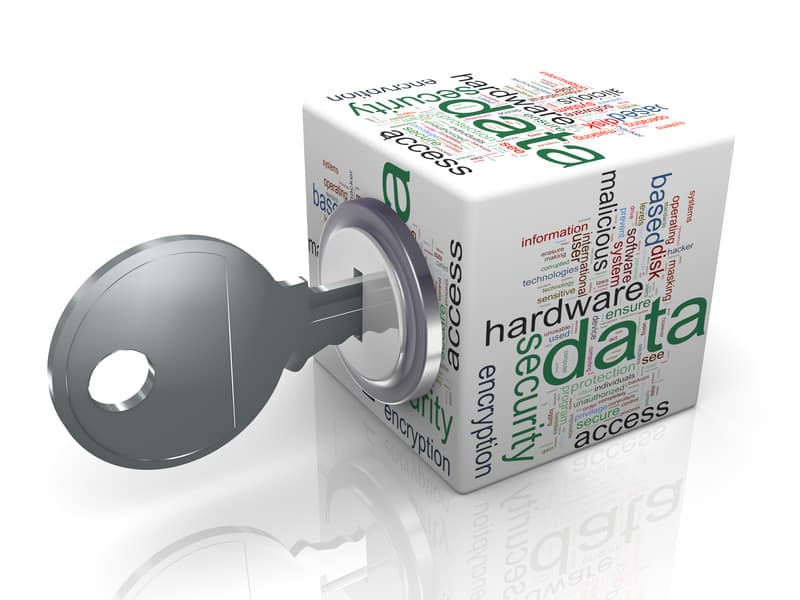Your personal information and Internet business data are vulnerable to hackers when working online.
We need to understand that data security begins with us. Don’t click on unknown links. Don’t visit suspect web sites. And don’t use silly and easy to decipher passwords.
There are secure methods for protecting your critical information. Here’s what I do to guard against those wanting access to my data.
1. I use complicated 12+ digit passwords that include symbols, numbers, upper and lower case letters. I do not use common words or phrases.
2. I store my passwords using LastPass. This free utility works well for me.
3. I backup my work computer using Carbonite. This cloud based utility is cheap and reliable.
4. I have an external hard drive on which is a mirror image of my primary PC drive.
5. A second external hard drive is used to back up critical files.
6. I do not use free Wi-Fi, ever.
7. My smart phone is protected via Nod32 for mobile devices. I use Nod32 as my key desktop and laptop anti-spam protection.
8. I use one browser for most online activity. A separate browser is used solely for banking and financial transactions.
9. I use PayPal for many transactions. This offers some measure of cloaking for bank and credit card accounts.
10. My bank alerts me when any withdraw or payment transaction greater than $50 is attempted. The bank alerts me when any foreign transaction is attempted.
11. My credit card companies alert me when any transaction is attempted, for any amount, both foreign and domestic.
12. I monitor all cash and credit accounts daily.
13. My WordPress web sites are protected against malicious login attempts.
14. I set up auto updates for Windows computers. They are the most vulnerable.
Along with that list of what I do to protect my data and devices you may want to consider:
- Turn off your business computer when you are not at the keyboard.
- Use PC and Mac provided anti-spam and anti-theft devices.
- Use a complicated password to logon to your PC or Mac.
- Turn off Wi-Fi and bluetooth capability when using your laptop in a coffee shop or other public area. Bad guys can access your HD remotely if you don’t have proper firewalls in place.
This backing up and redundancy may seem like overkill. It is not. If by chance my desktop or laptop is corrupted I can restore files and applications from the external mirror image drive.
Daily monitoring of cash and credit accounts takes less than 10 minutes. My paid security costs less than $200 a year. Once set up my security measures run in the background. There is no day-to-day security maintenance.
I’ve experienced bank account intrusion twice. Both times bank employees were the culprits. Now I bank at a smaller, regional bank and get superior service and security measures. I will never use a national brand bank or savings and loan again.
There is one other thing. Make sure family members are aware of security measures. Do not put your work PC on a family home network. A malicious infection of family member networked devices will infect your business laptop or desktop.
Oh, one other thing. Never conduct business on a PC or Mac shared device. Purchase a separate device dedicated to your business.
What we all need to understand is digital security starts with us. However, loosely quoting famous escape artist Harry Houdini, “Locks keep honest people out.” Accept the fact that if a skilled bad person desperately wants to get to data eventually they will.
# # #
